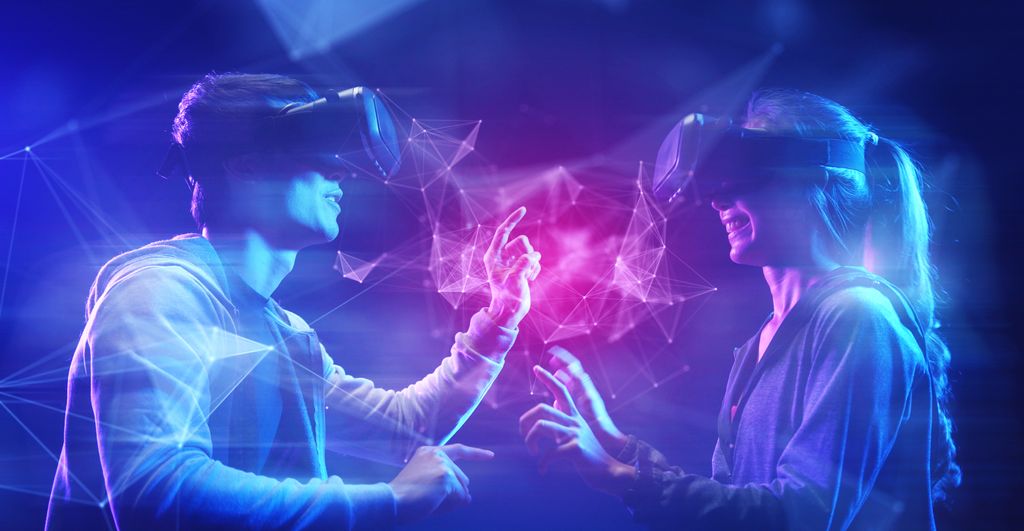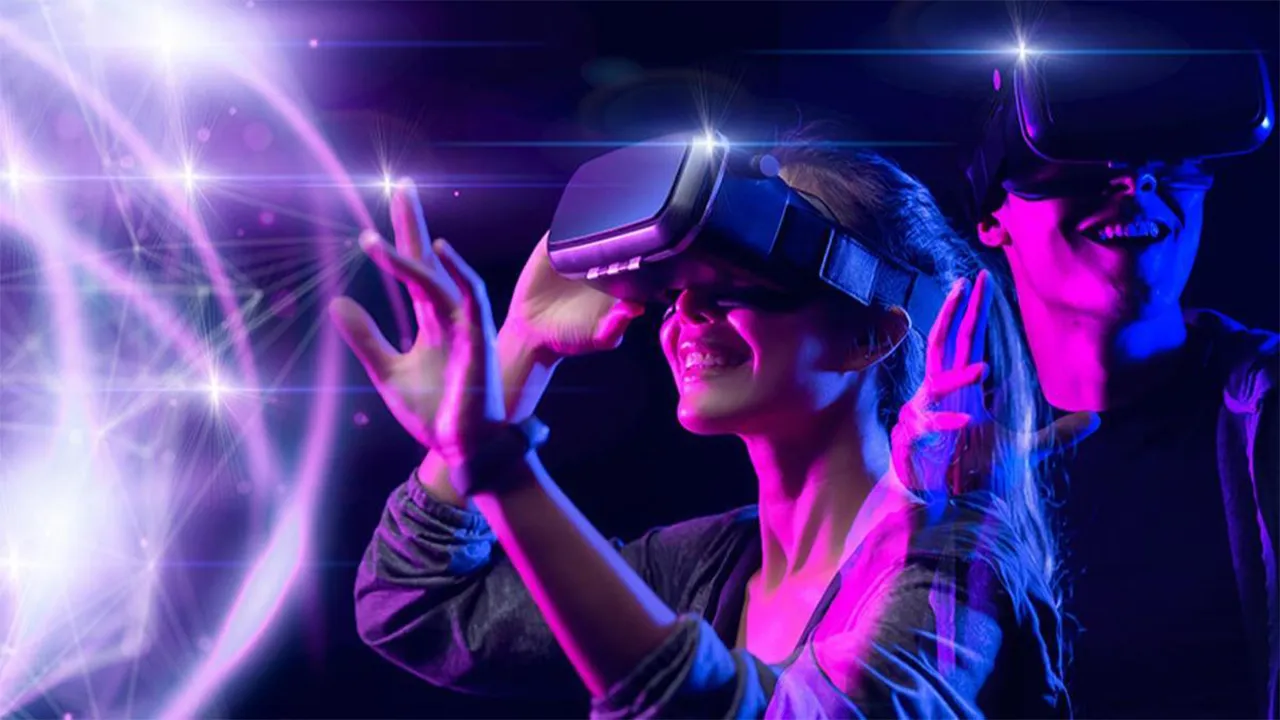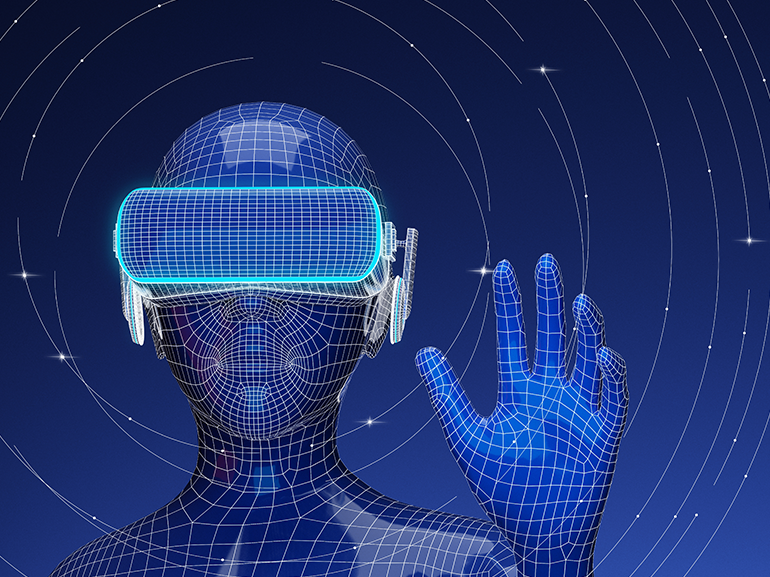



The name change of the Facebook company wanted by Mark Zuckerberg is an obvious reference to the pharaonic project launched by its founder.
He went so far as to change the name of his company to refer to it. Mark Zuckerberg, the founder of Facebook announced this Thursday, October 28 that the group he created will no longer bear its original name. And the new identity owes nothing to chance. The group is now called Meta, a direct reference to a pharaonic project that it intends to develop.
In the turmoil after a global outage and embarrassing revelations from a former employee, the digital giant announced on Monday October 18 that it wanted to hire 10,000 people in the European Union to work on the development of the “metaverse”: a kind of digital parallel world that has become the new Holy Grail for the boss of the American social media giant.
The term "metavers", or "meta-universe", literally means "beyond the universe". This rapidly advancing extension of the Internet is made possible by the convergence of different technologies, so that an individual can experience a world in virtual reality, engaging their body, experiencing emotions and sensations.
“Gradually, screens, holograms, VR headsets and augmented reality glasses are supposed to allow fluid movements of virtual universes in physical places, such as teleportations”, explained Mark Zuckerberg on his Facebook profile.
The “metaverse” is imagined by Facebook as a kind of “embodied internet” where one becomes an actor of experiences and actions in a virtual universe, rather than being only an observer or consumer of content. "The essential quality of the metaverse will be presence - the feeling of really being there with people", posted Mark Zuckerberg in July on his Facebook profile.
In this virtual and immersive universe that Facebook intends to build, it could for example be possible to dance in a nightclub with people located thousands of kilometers away, to work, to buy or sell digital goods or services. Clearly, the goal is to have a much more immersive and inclusive digital social life - compared to what everyone currently does behind their computer screen or on their smartphone. A kind of Second Life, but lived through connected glasses.

Meta-universes are considered by web and video game giants as the next big technological leap in the evolution of the Internet. And this is where Facebook is positioning itself, by wanting to invent new forms of social interaction and experience within a "metaverse" that it is building from A and Z by defining its own settings.
Meta-universes are considered by web and video game giants as the next big technological leap in the evolution of the Internet. And this is where Facebook is positioning itself, by wanting to invent new forms of social interaction and experience within a "metaverse" that it is building from A and Z by defining its own settings.
Which makes sense for a company that was built by specializing in connecting Internet users, through its founding social network (Facebook) but also various applications acquired over the years, such as WhatsApp or Instagram.
“To accomplish our vision of the metaverse, we need to build the connective fabric between (the different) digital spaces, in order to overcome physical limitations and be able to move between them with the same ease as between the rooms of one's house. “, detailed Mark Zuckerberg on his Facebook profile.
To achieve this, Facebook uses a lot of resources. The Californian company bought the Oculus company for two billion dollars in 2014. Since then, it has embarked on other projects related to the “metaverse”, in which several billion dollars have also been invested.